
OR
Govt criticized for being “insensitive” toward the poor that have grown in number due to COVID- 19
Published On: June 8, 2020 06:35 PM NPT By: Republica | @RepublicaNepal
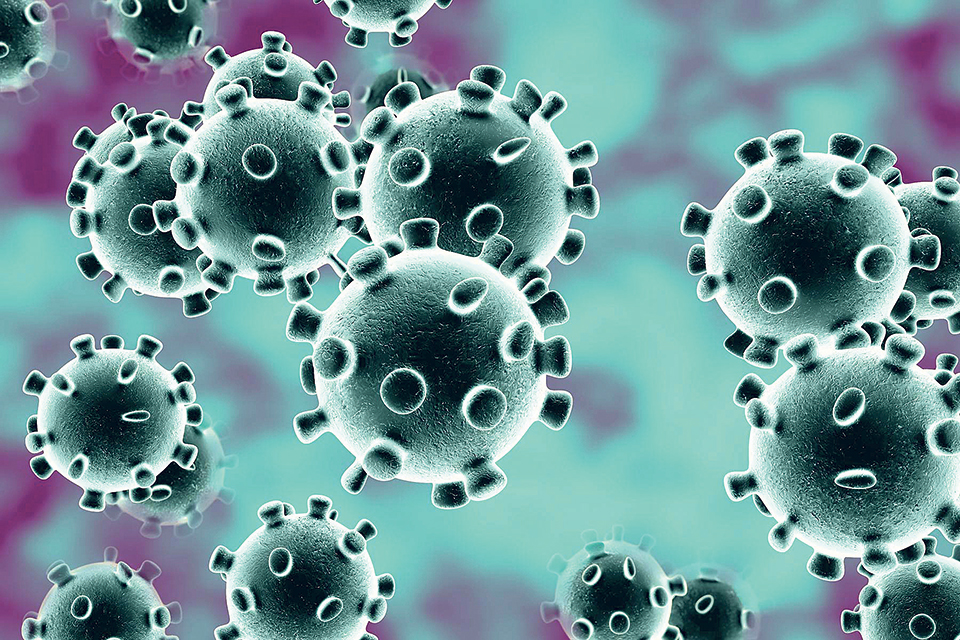
KATHMANDU, May 8: While the ongoing threat of coronavirus is expected to push a large number of people below the poverty line and calls for immediate action, the government’s plan to prepare a preliminary poverty database has remained in limbo for around a decade.
The World Bank has projected that the impact of coronavirus will take an aggregate of 60 million people globally below the absolute poverty line. The international lending institution has marked vulnerable mainly the people from poor countries like Nepal that depend on the informal sector for their daily earnings. Stressing the need for an instant and comprehensive recovery package for the poor, the World Bank has underlined the need for food security, healthcare and other social safety nets in reliefs for the poor.
It will be a herculean task for the government to identify the new poor and give them some respite at a time when the authorities don’t have a database of the people already in vulnerable situations.
Forwarding its ambitious plan to provide the poor a number of benefits, the government in September 2012 started the task of identifying the poor and providing them with ID cards. Such ID card holders were supposed to receive discounts in education, health services, transportation and foodstuffs, among other things. The government in its budget almost every year has been using this tool to express its sensitiveness toward poverty alleviation.
Speaking at the federal parliament on Monday, lawmakers criticized the government for failing to bring in a radical program to address additional numbers of people who have already been devastated after losing their jobs. “As the people below the absolute poverty line are projected to grow heavily because of the ongoing crisis, the conventional programs forwarded by the government may not be sufficient to address the issue,” said lawmaker Laxmi Pariyar.
So far, the government has spent Rs 700 million to conduct the task of identifying the poor in 49 districts. Of these, the government claims to have provided poverty ID cards in 26 districts where a survey was carried out in the first phase. This government claim is not free from controversies as, it is said, the actual poor people have failed to get the ID cards. But the government still expresses its commitment that it will complete the ID card distribution in the remaining districts in the next fiscal year.
Minister for Land Management, Cooperatives and Poverty Alleviation, Padma Kumari Aryal said the government has targeted to minimize poverty with the help of cooperatives and land management policies apart from ID card distribution.
Mobilizing cooperatives largely in economic activities in rural areas, ensuring ownership of land to the marginalized people and formation of a land bank to increase food production are among the programs that the government has focused on, according to Aryal.
However, the government has not started even the groundwork in many of its proposed programs, which is unlikely to provide relief to the people devastated by the impact of coronavirus.
You May Like This
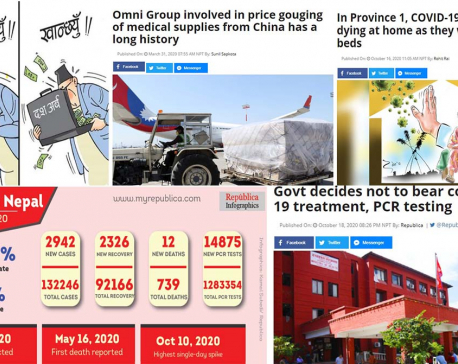
As Oli government limits its role to counting deaths during the greatest public health crisis, people are dying at an alarming rate
Experts say the government has decided to shred the constitution ... Read More...
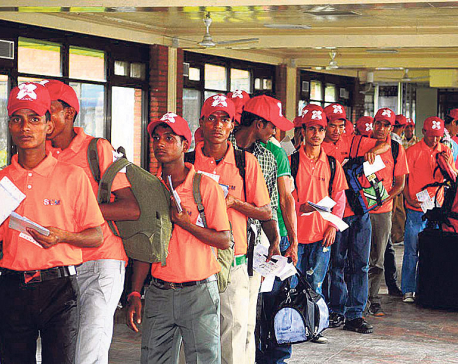
Govt decides to lift ban on foreign employment as lockdown measures are relaxed
KATHMANDU, June 20: The government has decided to lift the ban it had placed on foreign employment after the outbreak... Read More...

Karnali has witnessed 763 COVID-19 cases so far
SURKHET, June 12: As of today, Karnali Province has recorded 763 cases of coronavirus. ... Read More...







Just In
- Seven houses destroyed in fire, property worth Rs 5.4 million gutted
- Police pistol missing after drug operation in Bara, investigation underway
- Truck carrying chemical used in drugs catches fire
- Nepali journalists Sedhai and Kharel awarded second prize at Fetisov Journalism Awards for their exposé on worker exploitation in Qatar World Cup
- Devotees gather at Balaju Park for traditional ritual shower at Baisdhara (Photo Feature)
- PPMO blacklists 33 construction companies
- UK Parliament approves Rwanda deportation bill, ending weeks of legislative stalemate
- SC refuses to issue interim order in petition against Sudurpaschim province govt



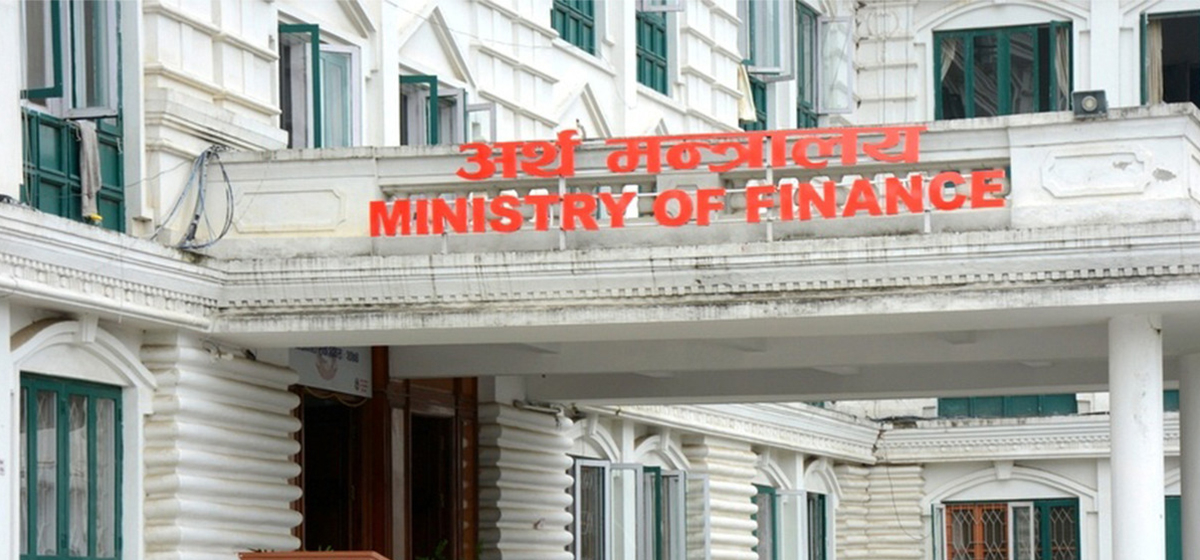
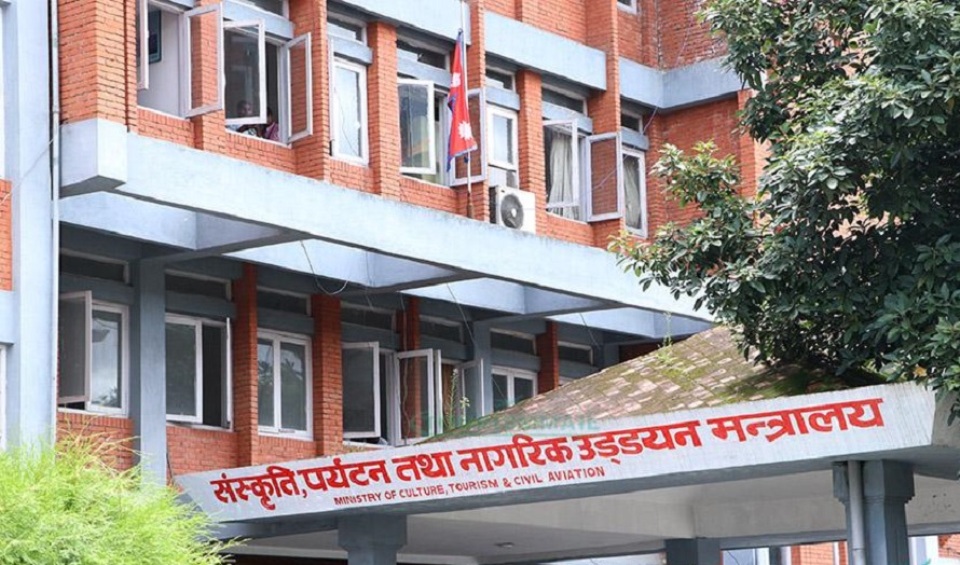



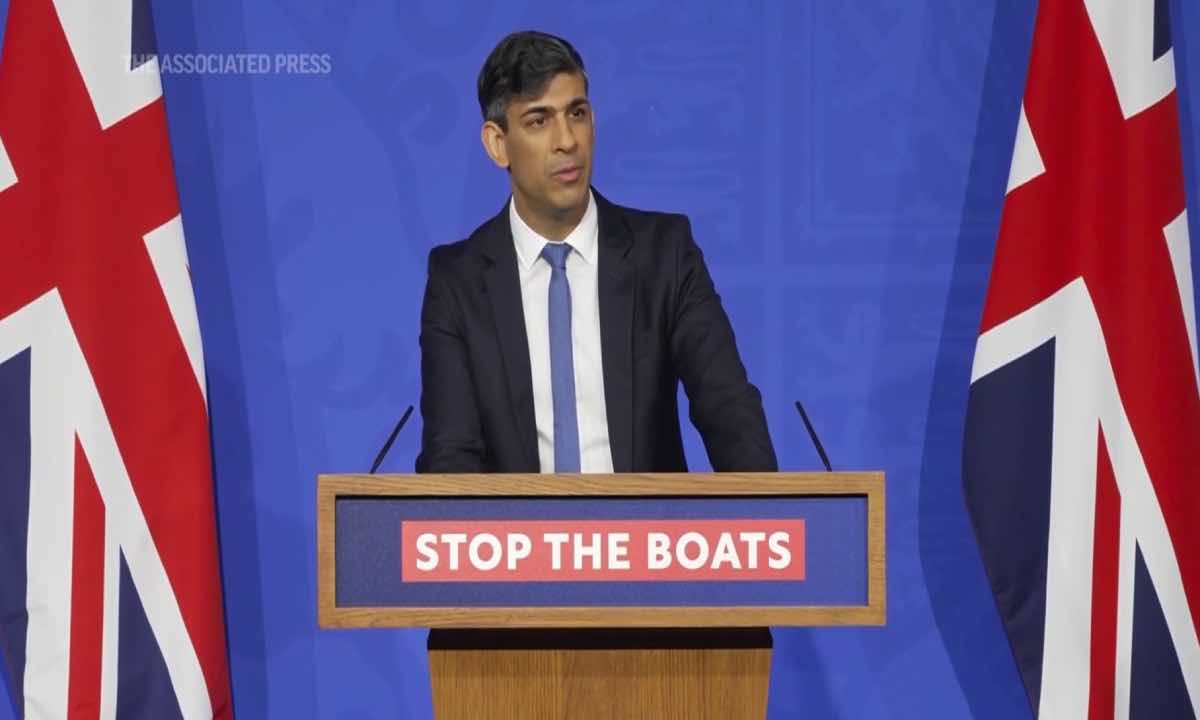


Leave A Comment